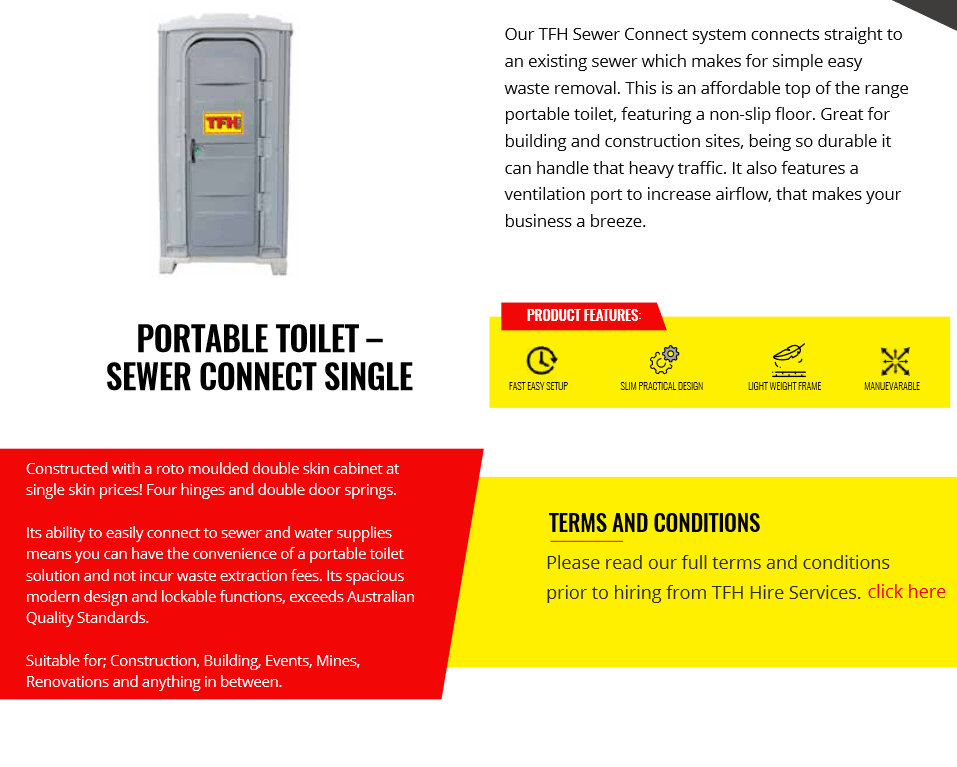The smart Trick of Reclaim Waste That Nobody is Talking About
Table of ContentsReclaim Waste - TruthsReclaim Waste Things To Know Before You Get ThisReclaim Waste for DummiesSome Known Incorrect Statements About Reclaim Waste Some Known Details About Reclaim Waste
Discover the types, occurrences, and kinds of liquid waste. Residential sewage waste describes the waste and items from a property sewage-disposal tank. This sort of waste is produced by humans in residences, institutions, and various other buildings. This only includes septic systems that have a drain area. The appropriate monitoring and disposal of domestic sewer waste require fluid waste to be transferred to a sewage therapy plant where the appropriate approaches and tools are put on detoxify and dispose of waste.
Industrial waste usually includes prospective hazards, such as flammable products or a combination of liquid and solid waste items, and calls for a more sophisticated and thorough disposal process. The disposal of industrial waste commonly involves the filtering of waste prior to transport to ensure safe and appropriate disposal. Hazardous waste is developed from byproducts and runoff of industrial processes and production.
This type of waste can not make use of the very same sewer management transport or procedures as septic or business fluids. The commercial waste monitoring procedure requires the evaluation and testing of fluid waste prior to it undertakes the disposal procedure (liquid waste disposal). Runoff waste is the fluid waste that originates from overflow and excess stormwater in extremely booming locations or cities
Drainage waste can trigger contamination and flooding otherwise managed effectively. Find out extra concerning sewage system cleansing and waste monitoring. Ensuring proper waste administration can stop disasters and minimize environmental harm. Both individuals in household setups and specialists in business or production industries can take advantage of recognizing the procedures and guidelines of liquid waste management.
7 Simple Techniques For Reclaim Waste
Contact PROS Providers today to learn more about our waste management and disposal solutions and the proper methods to look after the liquid waste you generate.
(https://www.twitch.tv/reclaimwaste1/about)This supposed 'wastewater' is not only a crucial resource however, after treatment, will certainly be launched to our land, waterways or the sea. Used water from commodes, showers, baths, cooking area sinks, laundries and commercial processes is understood as wastewater.

water made use of to cool over at this website machinery or tidy plant and equipment). Stormwater, a kind of wastewater, is runoff that streams from farming and urban locations such as roofs, parks, gardens, roadways, courses and rain gutters right into stormwater drains, after rain. Stormwater streams untreated directly to neighborhood creeks or rivers, eventually reaching the sea.
Reclaim Waste Things To Know Before You Buy
In Queensland, the majority of wastewater is dealt with at sewage therapy plants. Wastewater is delivered from domestic or industrial sites with a system of sewers and pump stations, understood as sewage reticulation, to a sewage therapy plant.
The Division of Natural Resources suggests city governments about handling, operating and maintaining sewage systems and treatment plants. In unsewered areas, neighborhood federal governments may need homeowners to mount private or family sewer treatment systems to treat domestic wastewater from bathrooms, cooking areas, bathrooms and laundries. The Department of Natural Resources authorizes making use of family systems when they are proven to be efficient.
In some new subdivisions, treatment of some stormwater to eliminate trash, sand and gravel has begun utilizing gross toxin traps. Wastewater treatment occurs in 4 stages: Eliminates strong issue.
Wastewater then streams right into large tanks where solids settle and are removed as sludge. Oil and scum are skimmed from the surface. Makes use of tiny living microorganisms called micro-organisms to break down and eliminate remaining dissolved wastes and great particles. Micro-organisms and wastes are included in the sludge. Removes nitrogen and phosphorus nutrients that could trigger algal flowers in our rivers and threaten aquatic life.
Excitement About Reclaim Waste
Nutrient elimination is not available at all sewer therapy plants because it requires pricey specialized tools. Clear fluid effluent produced after therapy might still contain disease-causing micro-organisms - industrial wastewater treatment.

The majority of wastewater streams into the sewage system. Under the Act, local federal governments administer approvals and permits for ecologically relevant tasks (Ages) including wastewater releases that could have a local influence.
Reclaim Waste Can Be Fun For Anyone
Or else, samples are considered lab evaluation. Usually numerous tests are required to develop the degrees of each of the various pollutants such as oils, heavy metals and pesticides in water. Tracking supplies valid details regarding water high quality and can validate that permit problems are being fulfilled. The information obtained with tracking gives the basis for making water quality decisions.